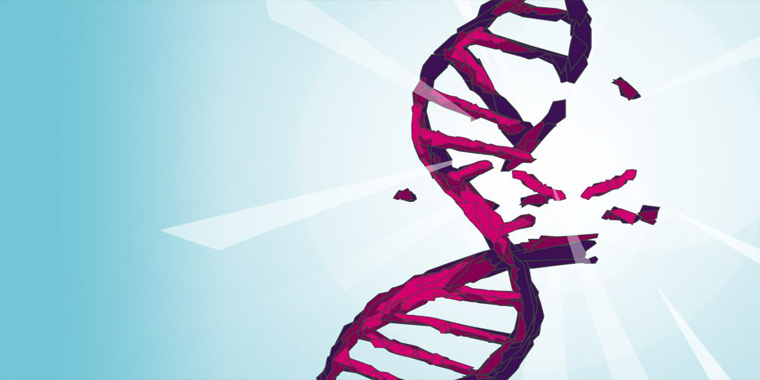DNA damage response (DDR) is a term used to describe the network of cellular pathways that minimize the daily impact of DNA damage. Many cancer treatments have an adverse effect on DDR pathways, meaning patients are highly sensitive to any additional inhibition of the DDR pathways that remain functional. Fortunately, targeting DDR deficiencies to preferentially kill cancer cells, while minimizing the impact on healthy cells, has potential for more selective, better tolerated therapies that improve survival.

Improving Cancer Treatment by Studying DNA Damage Response

With a growing team of scientists at AstraZeneca whose focus is on DDR, the company is exploring how new DDR treatments can improve the patient experience. Chemotherapy treatments, while often effective and life-saving, produce significant side effects that impact patient quality of life. The selectivity of DDR inhibitors for cancer cells over normal cells makes them potentially better tolerated therapies for patients, allowing for longer term dosing schedules in contrast with the limited cycles of chemotherapy that patients can sustain.
"We hope that by identifying specific DDR defects present in tumors but not in normal cells that we can have a much greater effect on the cancer than normal tissue, and consequently we can reduce side effects of treatment," said O'Connor.
See more here.
Ready to Get Involved?
Make your voice heard to protect innovation.